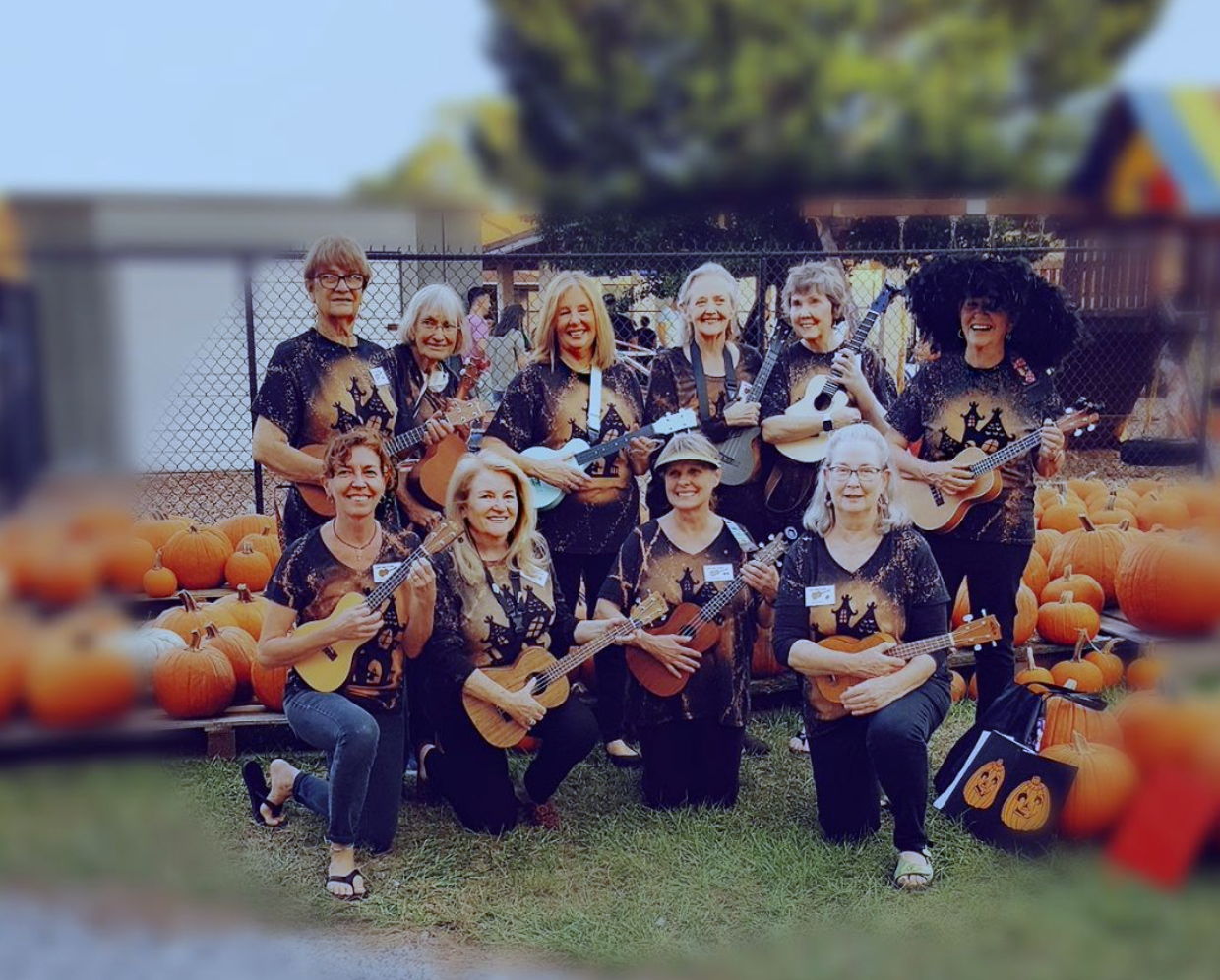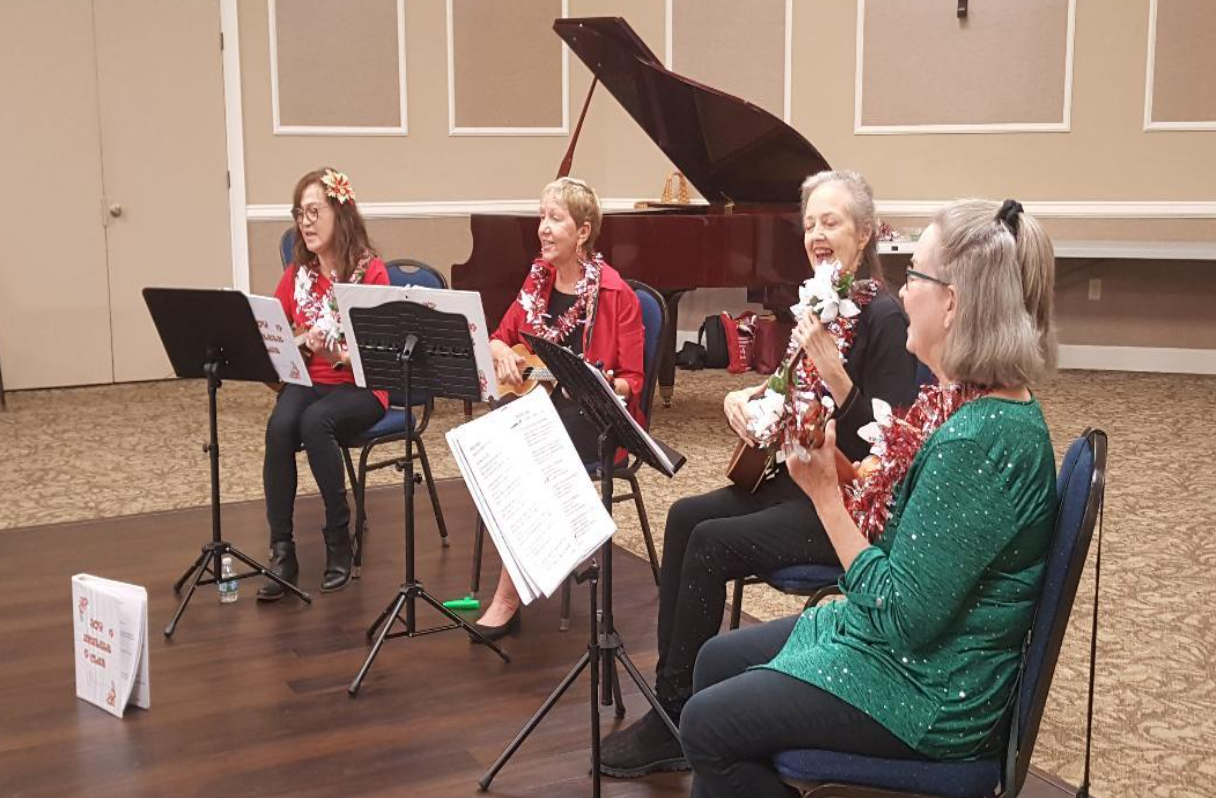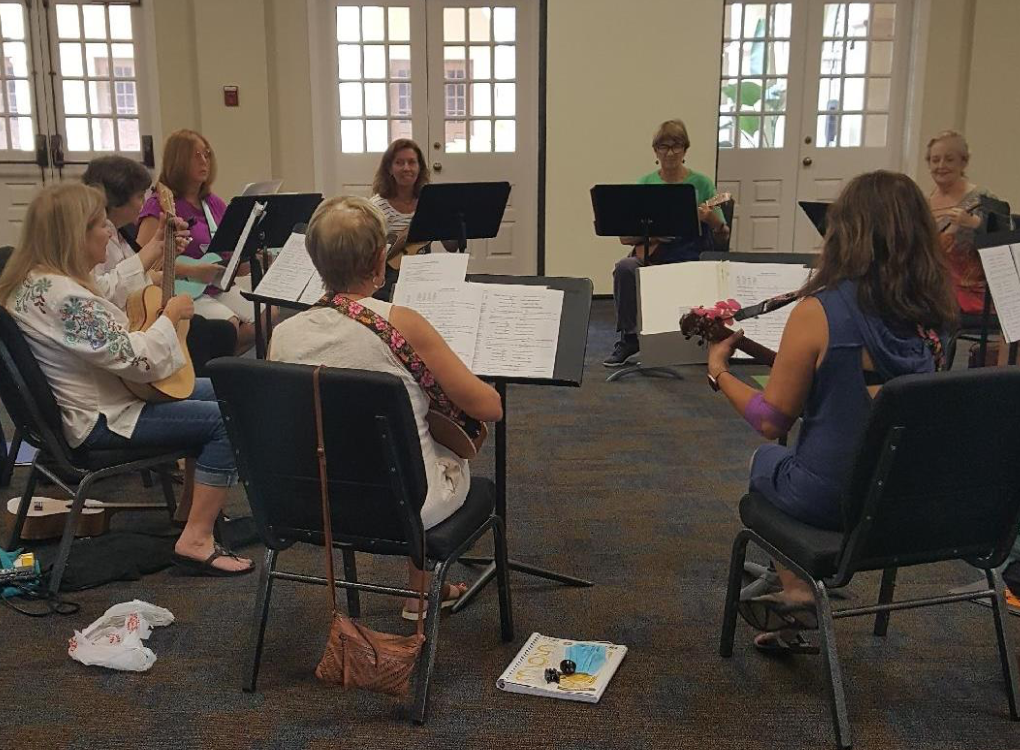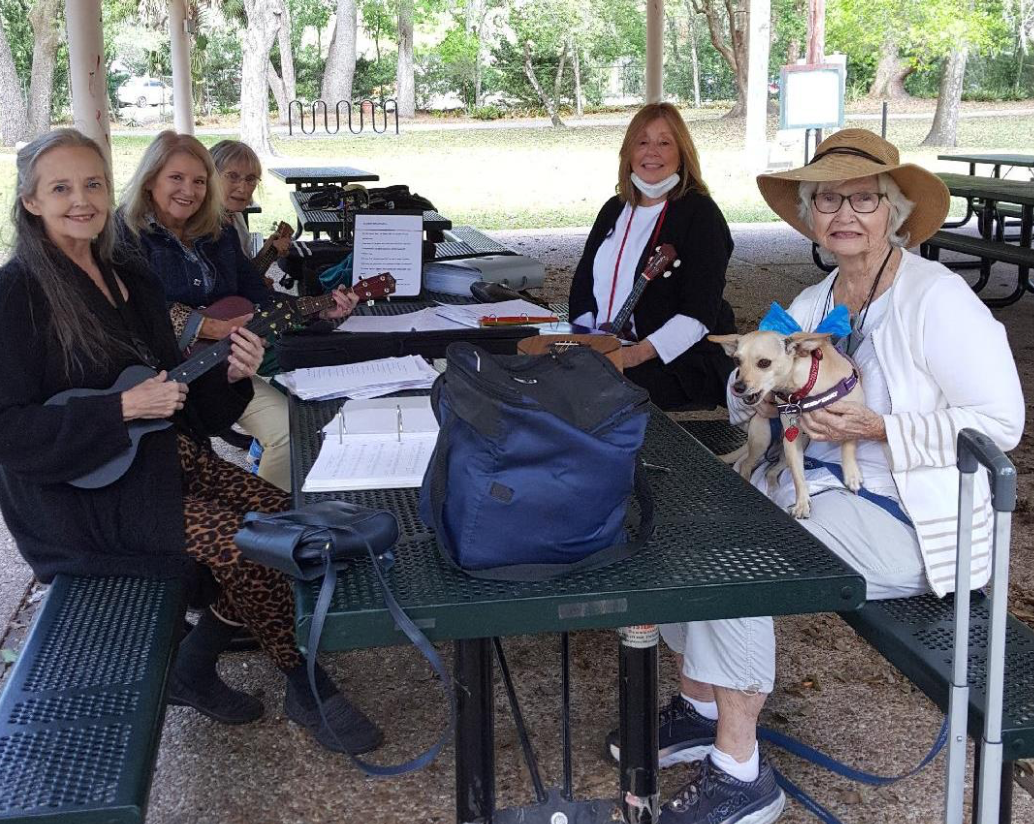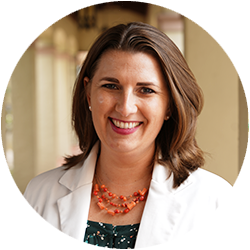 As we continue to wrestle with the story of Nehemiah and the way in which his witness effects the renovation of our faith, we were asked this weekend to think through the unforeseen problem. That problem, as was unpacked in the Sermon, was all about Nehemiah’s understanding of HOLINESS. As Pastor David rightly acknowledged, we could do an entire sermon series on HOLINESS because we have all learned something about this in our faith traditions growing up and in our own practice and pursuit of it as we work to center ourselves on loving God and loving neighbor.
As we continue to wrestle with the story of Nehemiah and the way in which his witness effects the renovation of our faith, we were asked this weekend to think through the unforeseen problem. That problem, as was unpacked in the Sermon, was all about Nehemiah’s understanding of HOLINESS. As Pastor David rightly acknowledged, we could do an entire sermon series on HOLINESS because we have all learned something about this in our faith traditions growing up and in our own practice and pursuit of it as we work to center ourselves on loving God and loving neighbor.
In one way of understanding HOLINESS, it is a journey and a process. HOLINESS is done in community and in connection with others and lastly it is prophetic and stands in contrast with the current culture. Pastor Philip lead us through a devotion yesterday about our role as Holy Ambassadors in the world to come; and I love that way of thinking about it as well. Today, I share another way of thinking through HOLINESS as WHOLENESS. I love that word and yet I’m confused by it. I feel whole when I eat too much pizza or when my calendar is bursting at the seams. I feel Wholeness after a good night’s sleep, or a sacred moment with my children or a date night with my husband. But Spiritual WHOLENESS can be tied back to the passage that has become my life verse.
Luke 10:25-28 NRSV
25 Just then a lawyer stood up to test Jesus. “Teacher,” he said, “what must I do to inherit eternal life?” 26 He said to him, “What is written in the law? What do you read there?” 27 He answered, “You shall love the Lord your God with all your heart, and with all your soul, and with all your strength, and with all your mind; and your neighbor as yourself.” 28 And he said to him, “You have given the right answer; do this, and you will live.”
In leading up to the well-known Parable of the Good Samaritan, Jesus is cornered by this Lawyer who has bitten off more than he can chew. How I interpret this final line, verse 28, is that Jesus is both affirming his answer and challenging him to wholeness. Because in this connection, the Law of the Prophets was foundational for Jewish Holiness. But was we heard Sunday, Jesus came to interrupt the intent of the Law and not the letter of the Law. And so I find it beautiful that Jesus ties following the Law into the ability to “truly live.” And while being Law-abiding Jews in those days didn’t make one necessarily holy, the law, as interrupted by Jesus can lead to it.
Here’s what I mean.
What if our unforeseen problem is our misunderstanding of love? What if we have always understood loving God with heart, soul, mind and strength as a fundamental deprivation of ourselves and not a connection to it. Said another way, if I don’t love myself, how in the world can I love God? I am made in God’s image, am I not? I am a masterpiece, made and loved and redeemed by God, as affirmed over and over in Scripture. But if I don’t love myself, spend time knowing myself in connection with the Redeemer, re-creating myself with the great Artist and deeply forgiving myself with the Great Spirit, how then can I love the God that made me?
As I look at Wholeness and Holiness as two sides of the same coin, I have to think seriously about how my love of neighbor may actually increase my own self-love. As I get to know a stranger and learn from them, aren’t I getting to know a deeper part of me? As I reach out to my neighbor, aren’t I using the gifts that God has given me to enrich someone else’s life? For me, HOLINESS comes down to seeing love the way God sees love and then letting that love transform us.
You know by now that I read a lot of Father Richard Rohr and so he used the writings of Thomas Keating, a Catholic Monk and Priest that wrote prolifically throughout his life to unpack this further. From the book that Keating wrote, “Heartfulness: Transformation in Christ,” Rohr shares these words.
God looks at us and always sees Christ, and God thus finds us always and entirely lovable. God fixes God’s gaze intently where we refuse to look, on our shared, divine nature as God’s children (1 John 3:2). And one day our gaze will match God’s gaze. We will find God entirely lovable and ourselves fully lovable in the same moment. Why? Because it is the same set of eyes that is doing the looking. “All of us, gazing with unveiled face on the glory of the Lord, are being transformed into the same image from glory to glory, as from the Lord who is the Spirit” (2 Corinthians 3:18).
And so my question for you to ponder this week, as you pursue a deeper understanding of Holiness is, have you received God’s gaze? Meaning, are you looking at yourself and others with the eyes of God? Are you able to love yourself through your love of God and in so doing come to understand a deeper sense of wholeness?
I pray these words encourage, protect and spur you on to love your neighbor more!
AMEN
 Jared holds a Bachelor of Arts in Pastoral Ministry with a Youth Ministry Minor from Mount Vernon Nazarene University and a Master of Divinity and a Certificate in Christian Theology from Nazarene Theological Seminary. He has eleven years of ministry experience, nine of them being in youth ministry. Jared is passionate about youth ministry and equipping students and their families with resources and opportunities to encounter Christ and Christ’s love. His favorite aspects of youth ministry are empowering students for leadership and ministry and discussing difficult questions about life and faith.
Jared holds a Bachelor of Arts in Pastoral Ministry with a Youth Ministry Minor from Mount Vernon Nazarene University and a Master of Divinity and a Certificate in Christian Theology from Nazarene Theological Seminary. He has eleven years of ministry experience, nine of them being in youth ministry. Jared is passionate about youth ministry and equipping students and their families with resources and opportunities to encounter Christ and Christ’s love. His favorite aspects of youth ministry are empowering students for leadership and ministry and discussing difficult questions about life and faith.


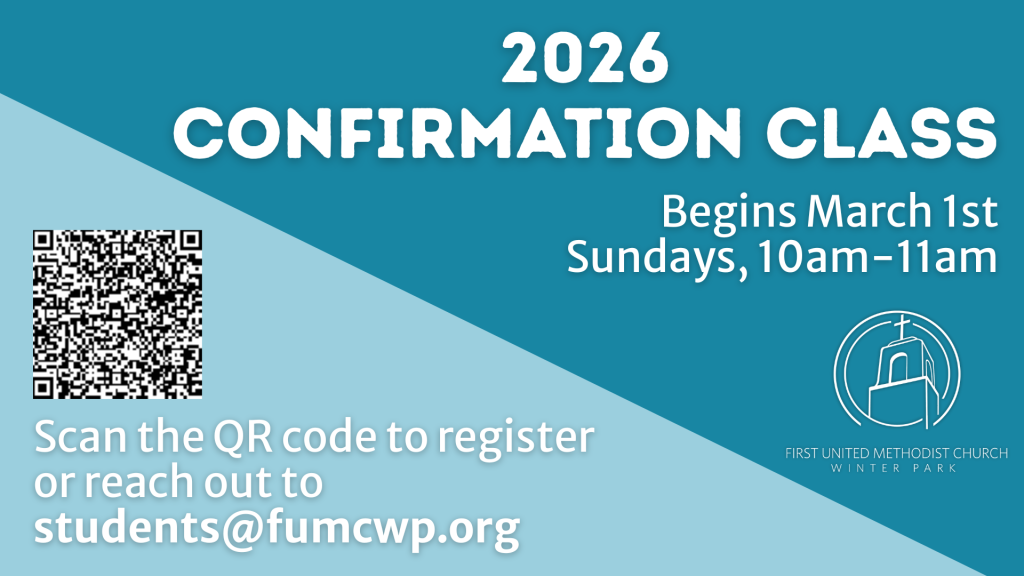





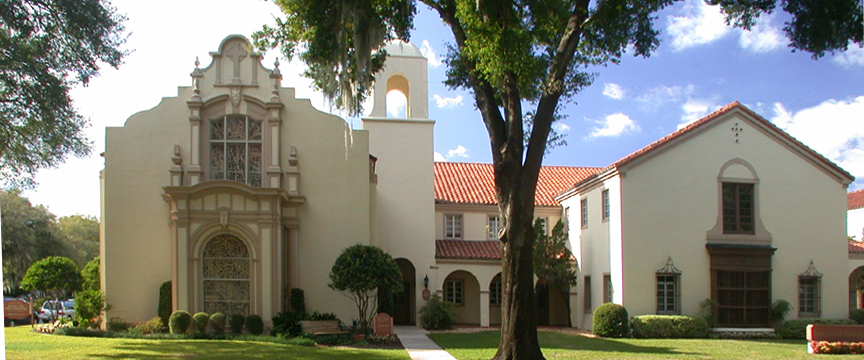


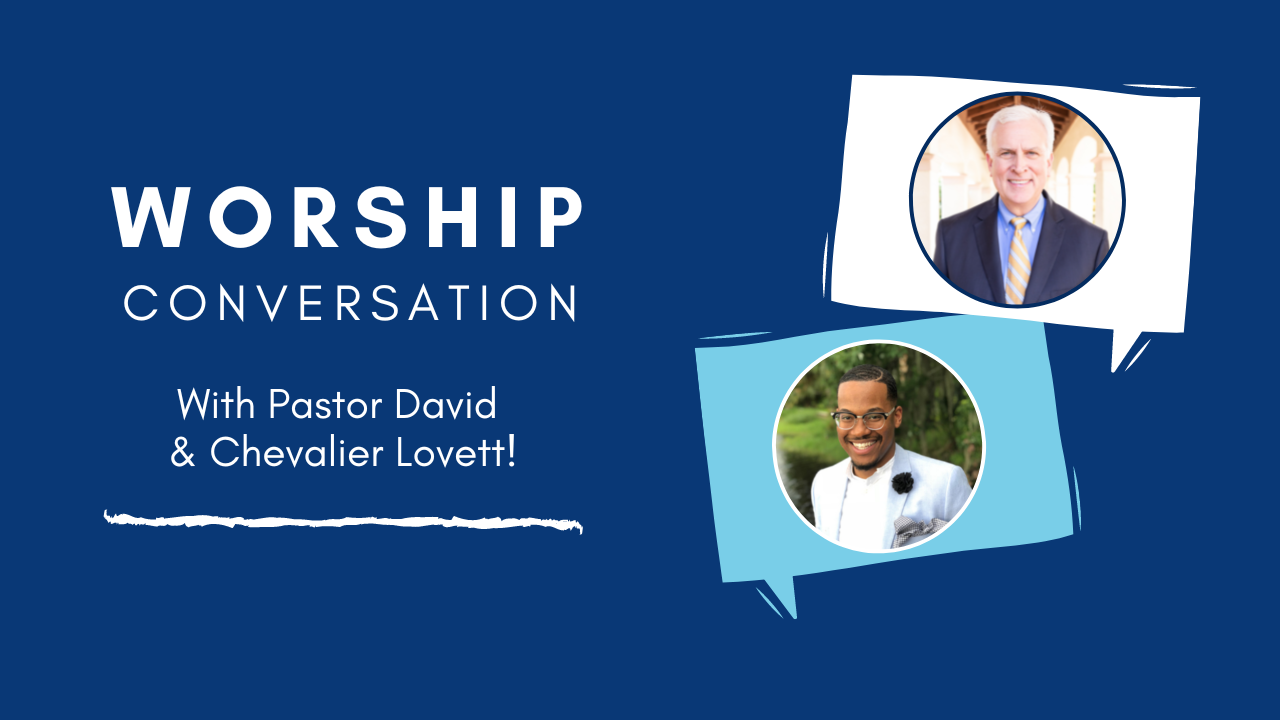
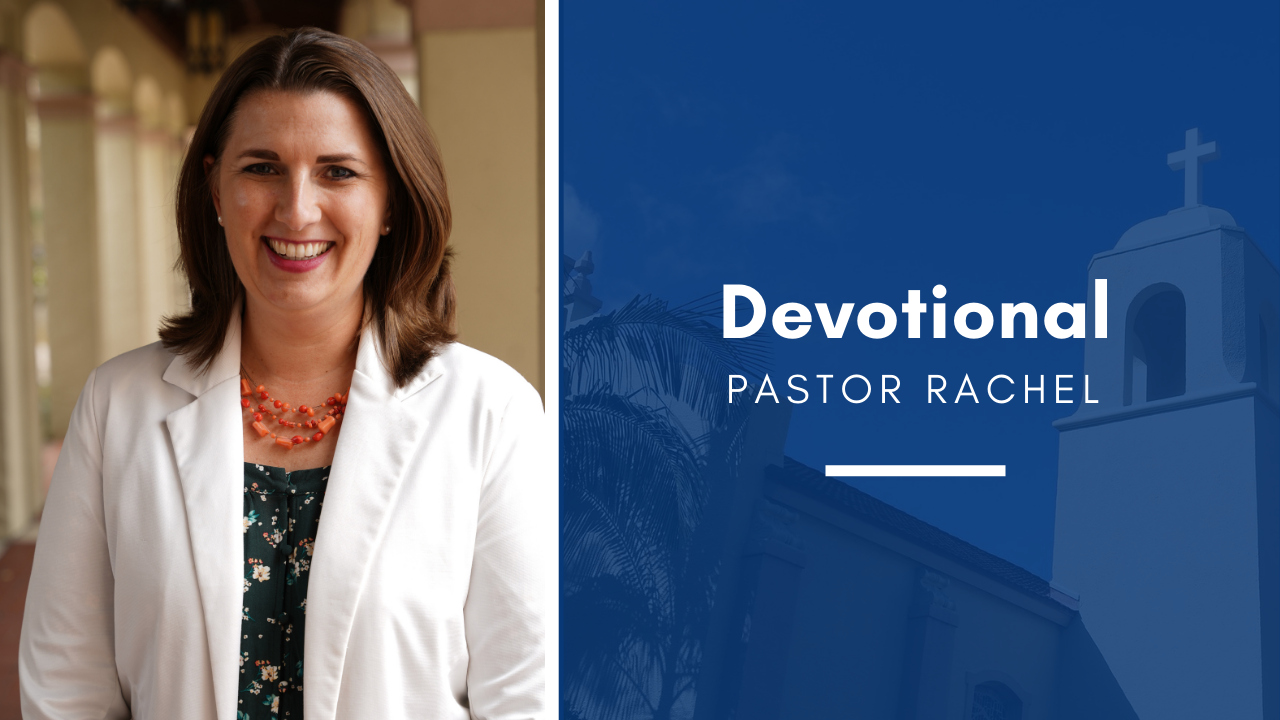
 As we continue to wrestle with the story of Nehemiah and the way in which his witness effects the renovation of our faith, we were asked this weekend to think through the unforeseen problem. That problem, as was unpacked in the Sermon, was all about Nehemiah’s understanding of HOLINESS. As Pastor David rightly acknowledged, we could do an entire sermon series on HOLINESS because we have all learned something about this in our faith traditions growing up and in our own practice and pursuit of it as we work to center ourselves on loving God and loving neighbor.
As we continue to wrestle with the story of Nehemiah and the way in which his witness effects the renovation of our faith, we were asked this weekend to think through the unforeseen problem. That problem, as was unpacked in the Sermon, was all about Nehemiah’s understanding of HOLINESS. As Pastor David rightly acknowledged, we could do an entire sermon series on HOLINESS because we have all learned something about this in our faith traditions growing up and in our own practice and pursuit of it as we work to center ourselves on loving God and loving neighbor.
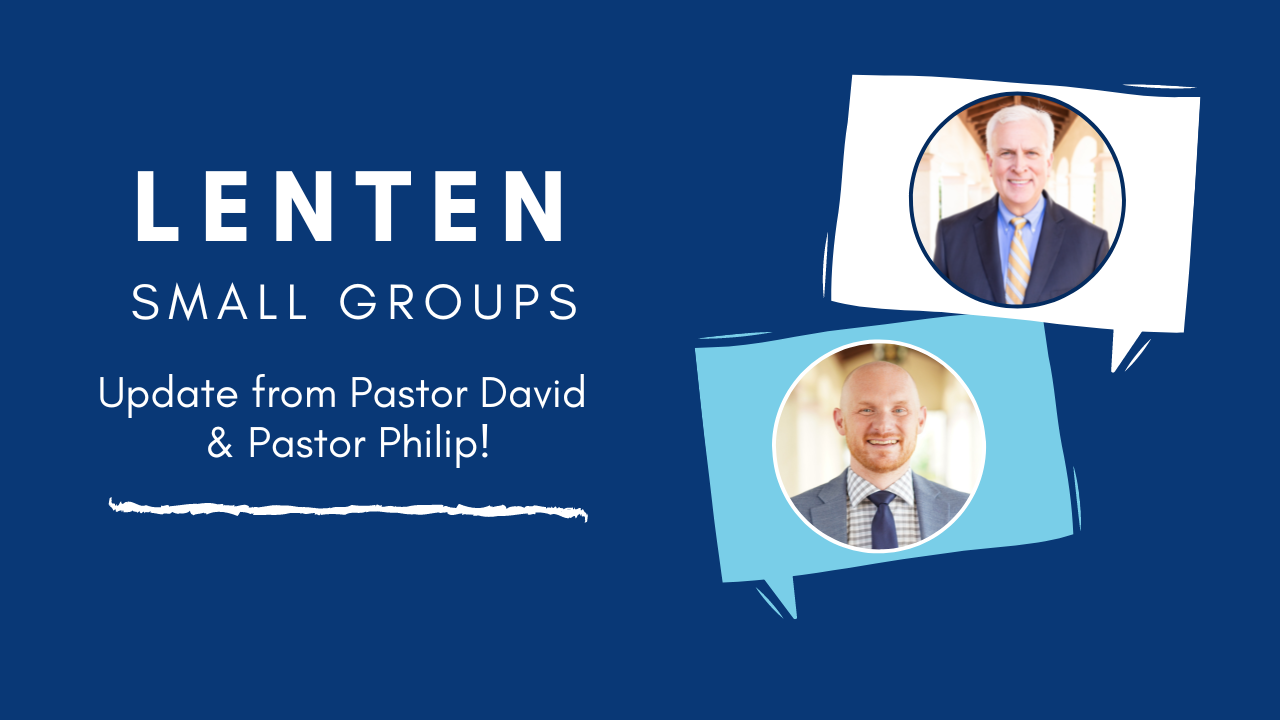
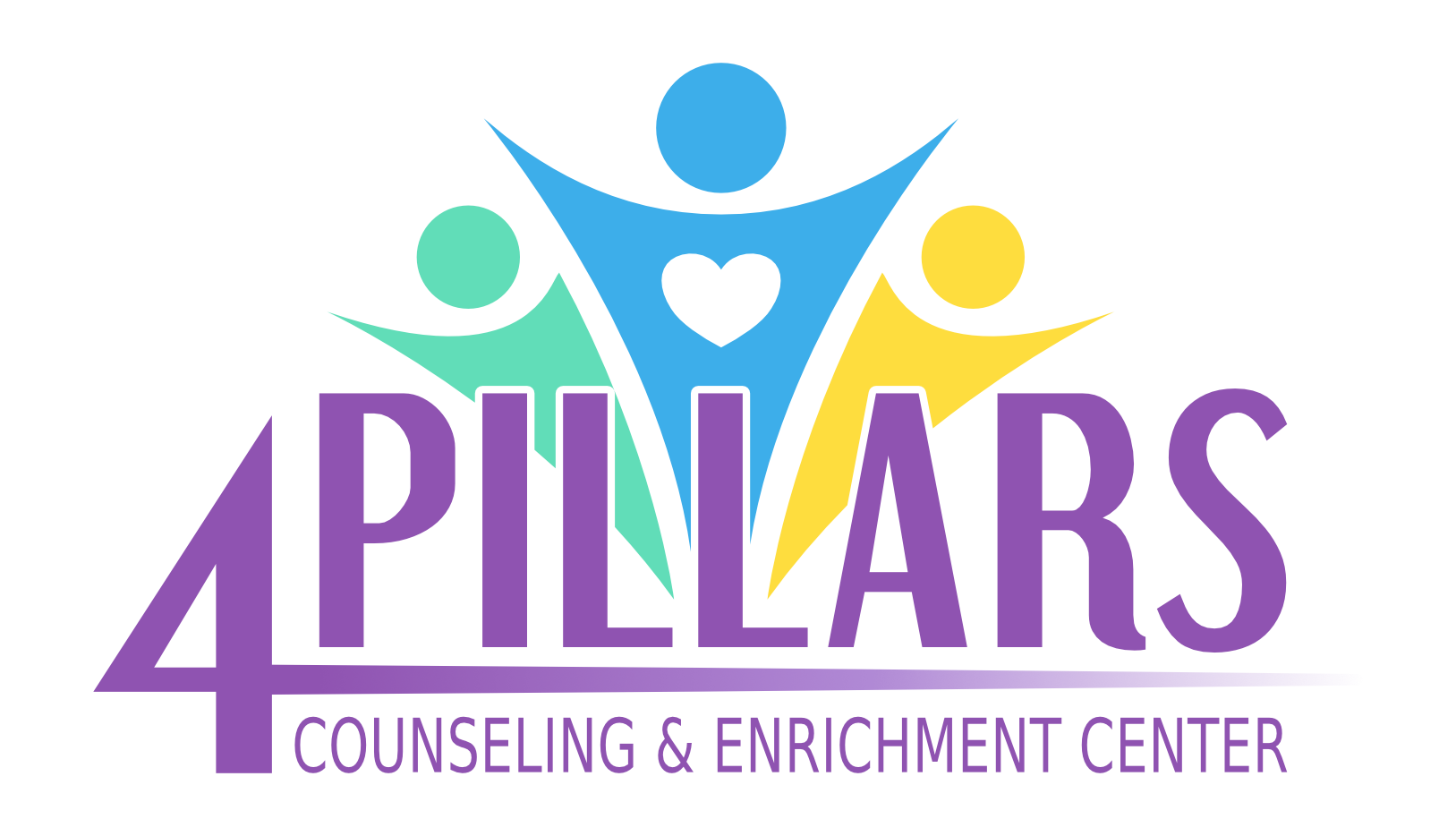
 We all have experienced tumultuous times at home one time or another… but there are sometimes situations where families cannot move past their problems effectively. Whether it’s navigating issues within a newly blended family, setting boundaries for teens, helping couples with conflict resolution, or seeking better knowledge of oneself, when your thoughts resemble a lion’s den rather than a calm respite, it’s time to consider getting a little help!
We all have experienced tumultuous times at home one time or another… but there are sometimes situations where families cannot move past their problems effectively. Whether it’s navigating issues within a newly blended family, setting boundaries for teens, helping couples with conflict resolution, or seeking better knowledge of oneself, when your thoughts resemble a lion’s den rather than a calm respite, it’s time to consider getting a little help!
